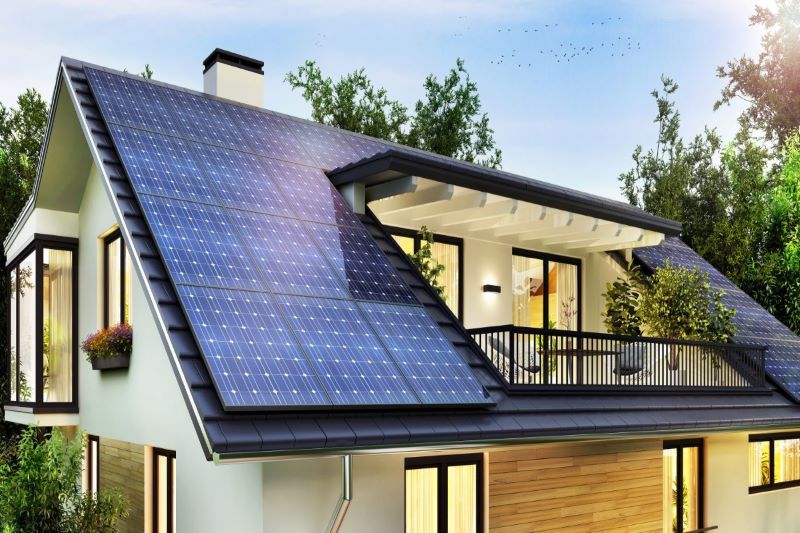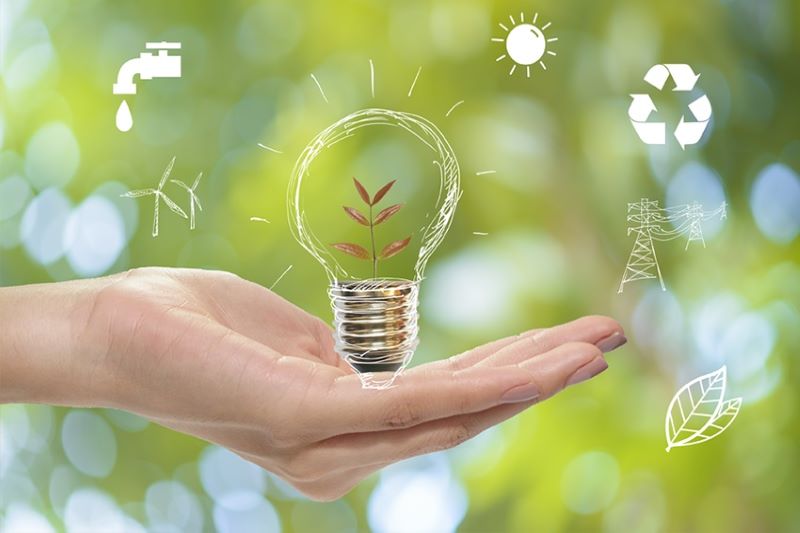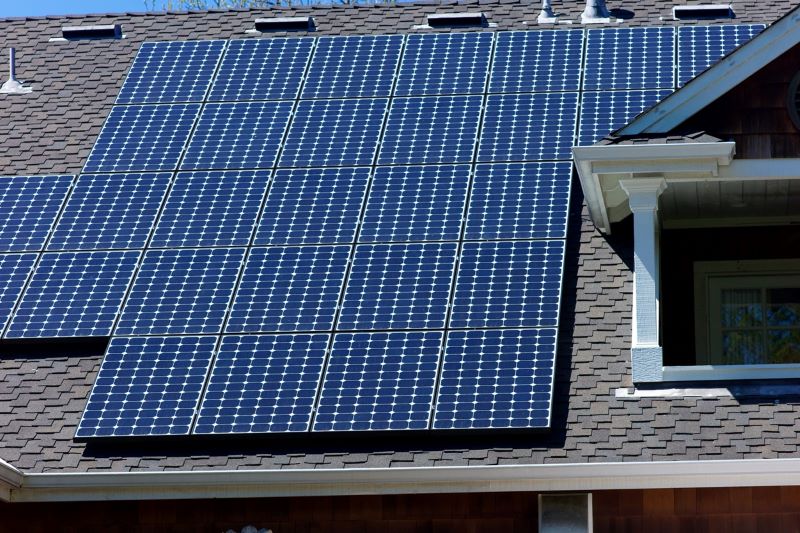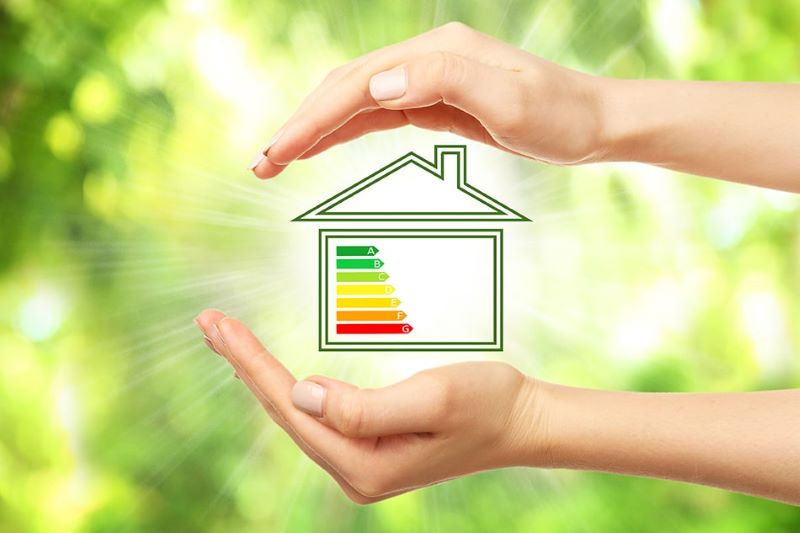Table of Contents
Back in 2017, U.S. homeowners had an average monthly electricity bill of $111.67. That puts their yearly spending on electricity alone at a staggering $1,340.
As if that’s not enough, the EIA forecasts spikes in retail electricity prices in 2019 and 2020. From 2018’s 12.89 cents per kilowatt-hour, average prices will rise to 13.04 cents this year and 13.13 cents next year.
On the other hand, the sun’s power will always be free — it’s just a matter of converting it to energy. While solar panels are not free per se, the many solar advantages outweigh their cost.
What exactly are the benefits of solar energy though? What are the benefits of installing solar panels?
We’ll address all these questions in this post, so be sure to keep reading!
1. Considerable Savings from Lower Electricity Bills
Every time you draw and use power from your solar panels, you’re cutting down electricity use. Whatever electricity you don’t use, you don’t pay for, so you save money every time you use solar power.
Let’s say you were to use 50% of electricity and 50% of solar energy every month. That means you’ll save half of what you usually pay for your monthly bills. If we use the average residential electricity bill, that translates to a savings of $55.83 a month or $670 a year.
If you go all solar, you can eliminate your electricity bills. Either way, you’ll save money when you use solar panels. You can rely on them even during cloudy days, as they can still generate 10% to 25% of their usual capacity.
2. Protection Against Electricity Price Hikes
Fossil fuels take millions of years to form, which is why they’re non-renewable. Since they’re depletable, fossil fuel-derived electricity and their prices are volatile.
This is where another key solar energy benefit comes into play. Today’s solar panels have a 100% output rate for at least 20 years. They’ll perform at their optimal capacity for two decades.
This doesn’t mean that they’ll die after that — they can still produce up to 92% of their original power, so they can still protect you from electricity price hikes after 20 years.
3. … And Power Outages
One of the biggest benefits of solar panels is that they provide a reliable source of energy. So long as we have the sun, they will draw energy from it (again, even during overcast days).
This is especially beneficial during power outages, which are becoming more common. In 2017 alone, there were 3,500 outages in the U.S., which is a 20% increase from 2009’s reported cases.
4. More Savings with Extended Tax Credits
There’s still a 30% federal tax credit for solar PV systems installed before December 31, 2019. If you miss this deadline, you can still claim a tax credit of 26% for a system installed by December 31, 2020. For systems placed between January 01 to December 31, 2021, the tax credits will only be 22%.
As you can see, the sooner you invest in solar power, the bigger the tax credit you’ll receive.
5. Using Solar Energy Reduces Greenhouse Gas Emissions
Extracting energy from fossil fuels creates a huge amount of greenhouse gases. These gases are among the main causes of global warming.
You know the extreme weather and rising sea levels we’re experiencing? Perhaps you’ve heard of many flora and fauna species going extinct. Global warming is one of the main reasons for all these phenomena.
This is why we should all consider going solar ASAP. Solar energy is clean and renewable. Extracting energy from the sun doesn’t involve burning fossil fuels.
Switching to solar power means helping reduce greenhouse gas emissions. The more people who go solar, the less of these gases that get produced and trapped in the atmosphere. This could then help prevent, or at least mitigate, the harmful effects of global warming.
6. A Decrease in Greenhouse Gases Means Healthier Air
Carbon dioxide, methane, and nitrous oxide are some of the main types of greenhouse gases. CO2 is among the most abundant, with the U.S. having emitted a whopping 6,457 million metric tons of this gas in 2017 alone. It’s also one of the greenhouse gases that have toxic effects on humans in large concentrations.
Methane and nitrous oxide aren’t toxic, but exposure to them can still cause health issues.
For starters, methane is an asphyxiant, not to mention very flammable. In very high amounts, it can displace oxygen in the lungs, resulting in suffocation. At the very least, it can cause fatigue, as well as rapid breathing and heart rate.
Exposure to too much nitrous oxide can lead to nausea, vomiting, dizziness, and shivers.
Although these health effects can only occur during severe exposure, they’re nonetheless concerning, which is why we should all do what we can to prevent more of them from getting into the air we breathe. Switching to solar energy is one such way to minimize the production of greenhouse gases.
7. Solar-Powered Homes are Likely to Increase in Market Value
In 2015, homebuyers were willing to pay $15,000 more for solar-powered properties. Moreover, homes with a solar energy system sold faster than those without.
These prove that solar panel installations make properties more valuable. This, plus the six other benefits we’ve discussed above, should be enough for you to get your panels ASAP.
Enjoy these Solar Advantages with Top-Quality Solar Panels Now
There you have it, your ultimate guide to the long list of solar advantages and benefits. Solar power is clean, renewable, and a healthier source of energy. It’s also a huge cost-saver and can even be a key player in our fight against global warming.
So, consider making the switch to solar ASAP! The sooner you do, the higher your tax credits may be.
Ready for more eco-conscious ideas and inspiration? Check out the other posts we have under our site’s Green section!








